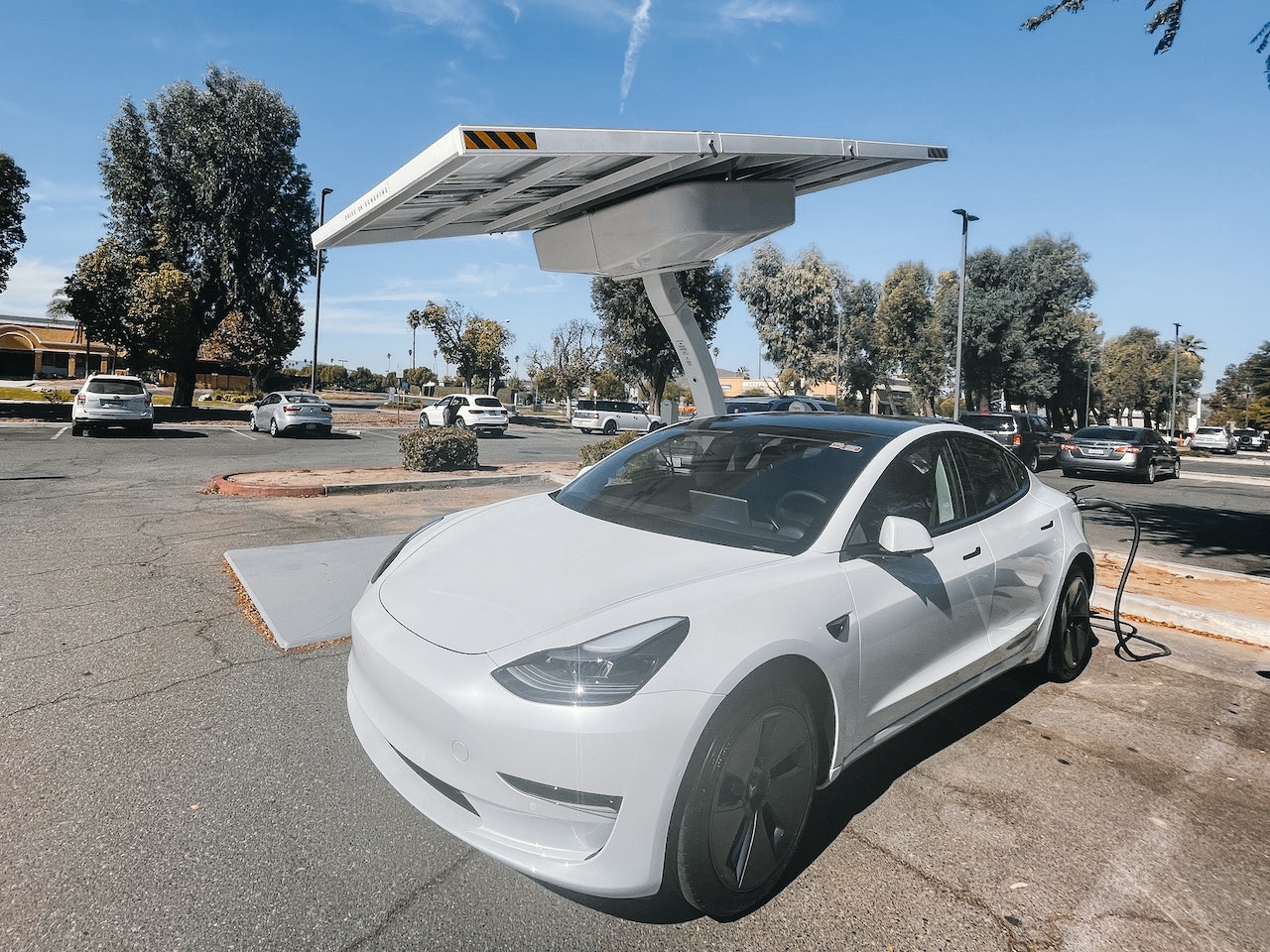Electric vehicle chargers are pivotal in the ongoing revolution in transportation. The amalgamation of technological advancements, government initiatives, and consumer awareness will shape the future of electric vehicle charging infrastructure. Continue reading →
Electric vehicle chargers have become pivotal in the automotive landscape, mirroring the rapid rise of electric vehicles (EVs) globally. As the automotive industry undergoes a paradigm shift towards sustainable transportation, understanding the nuances of electric vehicle chargers is crucial.


There are three primary types of electric vehicle chargers: Level 1, Level 2, and DC Fast Chargers. Level 1 chargers are typically found in household outlets, providing a slow but steady charge. Level 2 chargers, commonly installed in homes and public charging stations, offer a faster charging rate. DC Fast Chargers, located along highways and high-traffic areas, provide rapid charging for long journeys.
The charging process involves a series of intricate steps, including connection, communication, and power transfer. Key components like the charging cable, power electronics, and control systems work in tandem to ensure a seamless charging experience for EV users.
Taking a historical perspective, the evolution of electric vehicle charging infrastructure has been remarkable. From initial skepticism to widespread adoption, the current state of EV charging stations globally reflects the growing acceptance of electric mobility.
This transition has been greatly facilitated by partnerships with an electric vehicle charging app development company, making charging infrastructure more accessible and user-friendly for drivers worldwide.
Recent advancements in charging technology include wireless charging options and ultra-fast charging developments. These innovations aim to enhance user convenience and reduce charging times, making electric vehicles more practical for everyday use.
Electric vehicle chargers play a significant role in reducing the carbon footprint of transportation. As the world strives for environmental conservation, the transition to electric vehicles and their associated charging infrastructure becomes paramount.
Addressing challenges like range anxiety and ensuring widespread accessibility of charging stations are critical for the continued growth of the electric vehicle market. Overcoming these hurdles requires a collaborative effort from industry stakeholders and policymakers.
Governments worldwide are implementing policies to promote EV adoption, including financial incentives for charging infrastructure development. These initiatives aim to create a supportive ecosystem for electric vehicles to thrive.
Several companies are leading the charge in electric vehicle charger manufacturing. Innovation and competition in this space are driving the development of more efficient and user-friendly charging solutions.
The integration of electric vehicle chargers with smart grids holds immense potential. This synergy can optimize energy usage, reduce peak loads, and contribute to a more sustainable energy infrastructure.
Predicting the future of electric vehicle chargers involves considering emerging technologies such as solid-state batteries, improved energy density, and advancements in charging infrastructure. The evolving landscape promises faster, more efficient, and widespread charging solutions.
Cities need to adapt their infrastructure to accommodate the growing presence of electric vehicles. Urban planning must incorporate charging stations seamlessly, promoting sustainable urban mobility.
Challenges in consumer education regarding electric vehicles and chargers exist. Strategies to increase awareness involve collaborative efforts between manufacturers, governments, and advocacy groups to inform the public about the benefits of electric mobility.
The adoption of electric vehicle chargers varies globally, with different regions showing distinct trends. Understanding these variations is crucial for market players to strategize and invest effectively.
In conclusion, electric vehicle chargers are pivotal in the ongoing revolution in transportation. The amalgamation of technological advancements, government initiatives, and consumer awareness will shape the future of electric vehicle charging infrastructure.
Utilizing optimal ISP proxies facilitates global network reach while instilling the confidence associated with local…
Nutrition and hydration play essential roles in our work performance. We can plan balanced meals…
Sharing our gardening experiences creates bonds and enhances our well-being. We can exchange produce, recipes,…
Whether it’s increasing traffic, boosting credibility, targeting local customers, or gaining a competitive edge, the…
By analyzing streaming data, social media engagement, and other metrics, A&R teams can discover emerging…
PDF document translation has long faced unique technical challenges, with traditional translation methods often struggling…